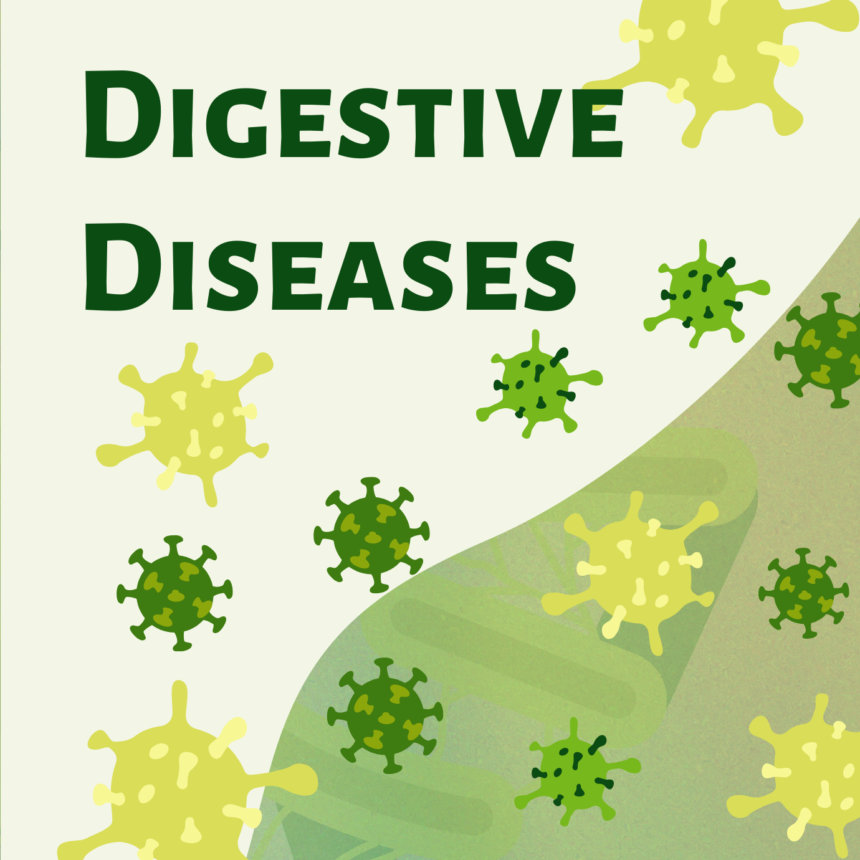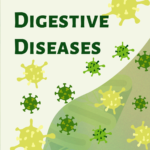Depression is a complex mental health condition that affects millions of people worldwide. This article aims to shed light on this prevalent yet often misunderstood issue, helping individuals recognize its symptoms, understand its causes, and explore effective coping strategies and treatments.
Understanding Depression:
Depression, often referred to as the “blues” or “clinical depression,” is more than just feeling sad or down. It’s a persistent and pervasive mood disorder that can significantly impact daily life. Here are some key aspects to understand:
- Symptoms: Depression manifests differently in individuals, but common symptoms include prolonged sadness, loss of interest in once-enjoyable activities, changes in appetite and sleep patterns, fatigue, and feelings of hopelessness.
- Causes: Depression doesn’t have a single cause but is thought to result from a combination of genetic, environmental, and psychological factors. Traumatic life events, chronic stress, and imbalances in brain chemistry can contribute.
- Types: There are various forms of depression, including major depressive disorder, persistent depressive disorder (dysthymia), bipolar disorder, and seasonal affective disorder (SAD).
Recognizing Depression:
Identifying depression is the first step toward seeking help. Look for these common signs:
- Persistent Sadness: Feeling sad, empty, or hopeless for most of the day, nearly every day.
- Loss of Interest: A marked loss of interest or pleasure in activities you once enjoyed.
- Physical Symptoms: Changes in appetite, sleep disturbances, and unexplained physical complaints like headaches or digestive problems.
- Fatigue: A noticeable decrease in energy, even after a full night’s sleep.
- Difficulty Concentrating: Problems with memory, focus, or decision-making.
- Feelings of Guilt or Worthlessness: Ongoing feelings of self-blame or inadequacy.
- Social Isolation: Withdrawing from friends and family.
Treating Depression:
Depression is highly treatable, and early intervention can make a significant difference. Treatment options include:
- Therapy: Psychotherapy, such as cognitive-behavioral therapy (CBT) and interpersonal therapy (IPT), helps individuals understand and manage their symptoms.
- Medication: Antidepressant medications, prescribed by a psychiatrist, can help balance brain chemicals associated with mood.
- Lifestyle Changes: Regular exercise, a balanced diet, and sufficient sleep can support overall mental health.
- Support Groups: Joining a support group can provide a sense of community and understanding.
Coping with Depression:
Living with depression can be challenging, but there are strategies to manage it effectively:
- Self-Care: Prioritize self-care activities, such as exercise, meditation, and relaxation techniques.
- Social Support: Maintain connections with loved ones and communicate your feelings with them.
- Structure: Create a daily routine to add stability and predictability to your life.
- Limit Stress: Identify and manage sources of stress in your life.
- Seek Professional Help: Reach out to a mental health professional for guidance and treatment.
Conclusion:
Depression is a common mental health condition that affects people of all ages, genders, and backgrounds. Understanding its symptoms, causes, and treatment options is crucial for individuals and their loved ones. With the right support and treatment, it’s possible to manage depression and regain a sense of well-being and happiness. If you or someone you know is experiencing symptoms of depression, don’t hesitate to seek help from a mental health professional or a healthcare provider. You don’t have to navigate this challenging journey alone, and help is available.








